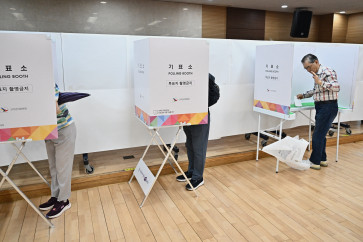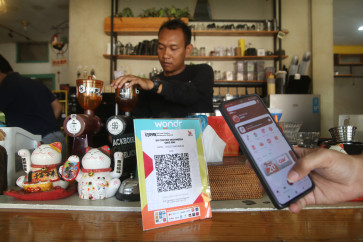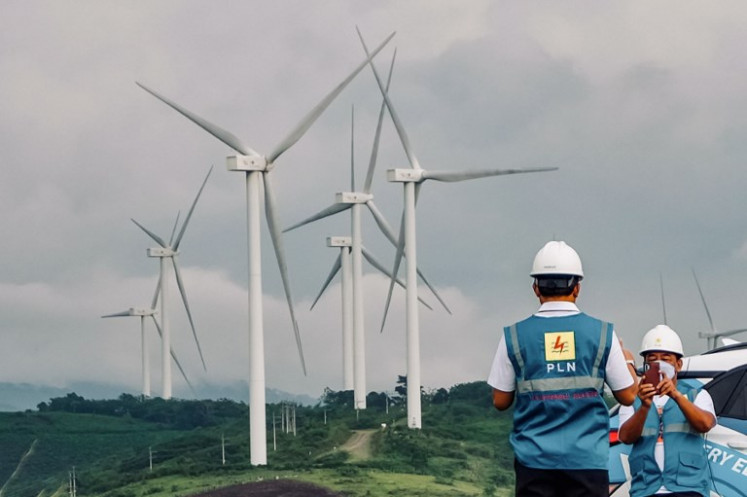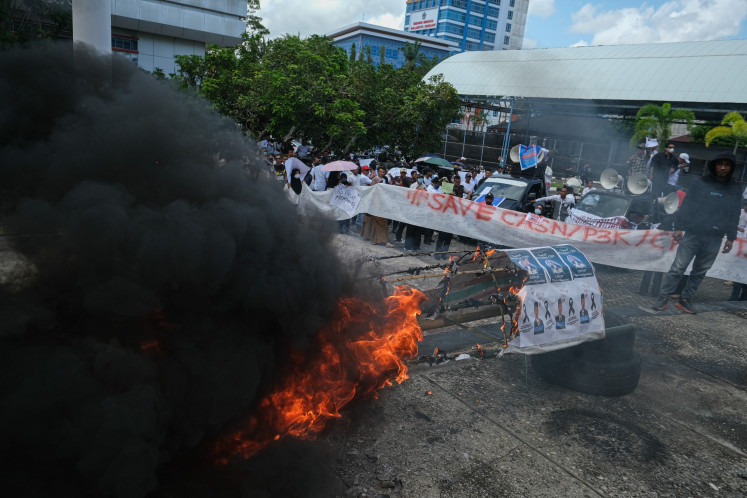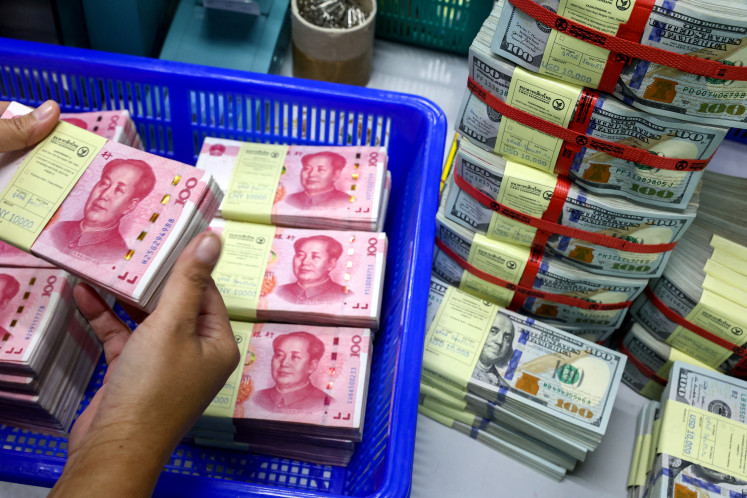Remembering Joesoef Isak's contribution to democracy
When important people from Indonesia's Soeharto period pass away, their contributions to the country are often noted respectfully by the leaders of today
Change text size
Gift Premium Articles
to Anyone

W
hen important people from Indonesia's Soeharto period pass away, their contributions to the country are often noted respectfully by the leaders of today. So what, if anything, might they say of Joesoef Isak, who passed away on Aug. 15 aged 81?
Isak, of course, was of another kind. One of the "tall men" (to use the Indian expression of their consistent founding leaders) who combined nationalism with international enlightenment, democracy with intellectualism and individual integrity with popular organization, Isak was also among the losers.
As editor of the leading daily newspaper Merdeka, he had problems with freedom of expression already in 1962. And as secretary-general of the Afro-Asia Journalists Association, he was first detained in 1965 and then imprisoned without trial from 1968 until 1977. Isak was deemed a threat to the state along with a million or so of other leftist nationalists (of whom he was one) and related communists (who were often even killed). All these people had done nothing to overthrow the then head of state, Sukarno, but were made scapegoats through secret and ill-fated kidnappings to weaken the army leadership.
Remarkably, however, it was also this "traitor" who, once released, helped save Indonesia's international reputation. Isak helped show the world that Indonesia was not only about repression, KKN (corruption, collusion and nepotism), authoritarianism and falsification of history. By publishing Pramoedya Ananta Toer's writings, in particular, in face of all kinds of threats, and by making this part of a principled struggle beyond revenge for civil and intellectual freedoms and democracy, Isak along with readers and fellow former political prisoners proved that there was another Indonesia worthy of international solidarity and respect.
How far has Indonesia's democracy advanced by now? Will this contribution be recognized by today's leaders?
Isak even combined solidarity with the struggle that he was part of and retrospective critical analysis of the same. Thus, his engagement was crucial for the activists who wanted to understand the problems and move ahead in a more democratic direction as well as for concerned scholars.
Yet I for one could not even thank him by name in my book of the PKI's theoretical and strategic dilemmas, as it was published in the dark days of the early 1980s. Recently, however, the importance of his critical analysis has been made all the more clear in John Roosa's brilliant study of the 30 September Movement.

